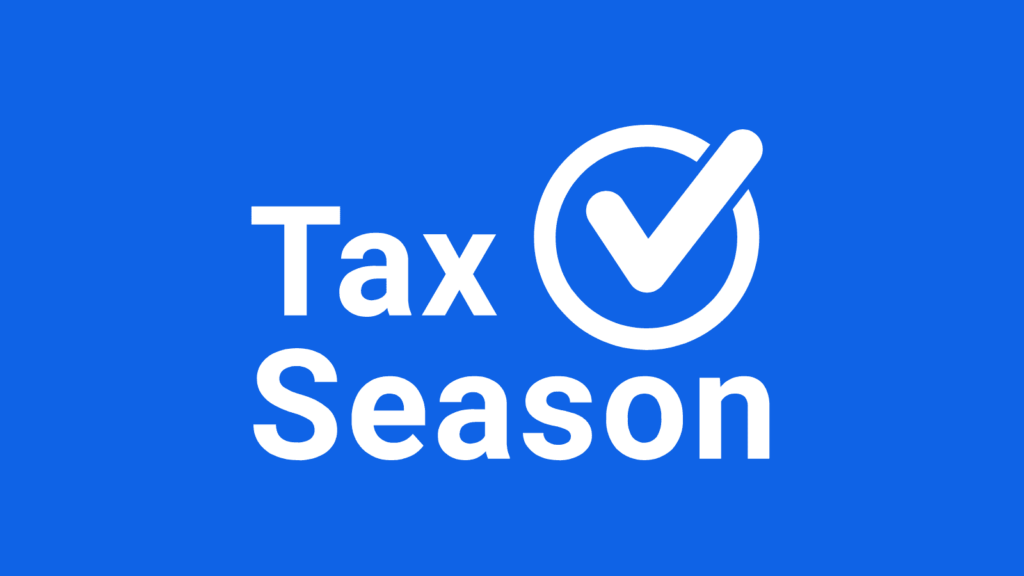Estimated Taxes in Texas in 2022: How to Get Your Tax Return Done in the Most Efficient Way
November 22, 2022

peakreliance
Accounting, Bookkeeping
With the passage of the new federal tax laws, the standard deduction has been doubled and individuals must now pay their state income taxes based on where they live. In other words, if you live in a high-tax state such as New York or California, you’ll likely owe more in taxes than under the old rules. You may also be able to deduct some of your state taxes from your federal return. Thanks to these changes, many people are now reassessing how much they spend each year on taxes and what services they can cut to lower their cost. If you’re one of those people looking to reduce your tax bill, this blog is for you! We’ll explain everything you need to know about Texas’s new tax laws in 2022 including how they will impact personal taxpayers and businesses.
What is Estimated Taxes in Texas?
Estimated taxes are taxes paid in advance of the actual tax return due date. This can be a good way to get your tax return done early if you live in a high-tax state such as New York or California. These states now tax residents on their income at a higher rate than before. In Texas, estimated taxes are due at the end of February, April, June, August, and October each year. Estimated taxes are commonly used by people who live in high-tax states like New York or California, who want to avoid receiving a large tax bill at the end of the year. Estimated taxes are also commonly used to pay early for a large expense like a new roof or car repair.
How Much Does Texas Tax Earners Pay on an Estimated Tax Return?
The average taxpayer in Texas pays about $2,115 on their annual estimated taxes. This amount can vary based on a number of factors including income, filing status, and even how quickly you get your return done. The amount you pay on your estimated taxes is based on your income and any deductions you claim on your tax return. For example, a married couple with two children earning $90,000 a year will likely pay roughly $2,115 on their annual estimated taxes.
Who Pays Estimated Taxes in Texas?
When it comes to paying estimated taxes in Texas, everyone is a potential taxpayer. This means that even people who don’t earn any money and don’t expect to have any income in the next year are required to pay estimated taxes. The only exceptions to this rule are people who are getting a specific type of government assistance such as the Earned Income Tax Credit. You can also exclude yourself from paying taxes if you are a sole proprietor or a partner in a partnership.
The pros of paying estimated taxes
- Tax return is done a month earlier (this can be a good thing if you’re a high-tax state)
- Less chance of getting audited
- Less chance of being audited if you pay early
- You can spread out the cost
- Low risk of your tax return being audited
- Most people pay their taxes on time
- You can estimate your taxes and reduce your risk of underpayment
The cons of paying estimated taxes
- If you pay too much, you could end up owing more interest and penalties later on your federal and state tax returns.
- If you don’t have enough money withheld from your paycheck, you’ll have to pay interest on that amount.
- If you owe taxes and you’re due to pay them in October, you’ll have to extend your payment date.
- There is a small chance that you’ll have your return audited.
- You don’t get to take deductions on your taxes like you would on a regular return.
- If you have to file an extension, it will take you longer to get your taxes done.
How to Pay Estimated Taxes in Texas
You can pay your estimated taxes by logging into your online tax account, going to your local tax office, or mailing your payment. You can also pay by check or money order. However, depending on your income, you may be able to get a lower percentage of your refund by paying this way. If you choose to pay by check or money order, you must do so by the tax due date. This can be tricky because the due date is different depending on the type of taxpayer you are.
Which Year Should you pay Estimated Taxes in Texas?
There are a few different ways to approach this question. You could pay estimated taxes in Texas for the year you earn the money, or you could pay for the year you spend the money. If you’re going to pay estimated taxes on your income from the year you earn it, estimate your taxes based on the new tax rates and pay your 2022 taxes in February 2023. If you’re going to spend the money from your tax return, we recommend estimating your taxes based on the current tax rate and paying them in 2023.
Final words
With the passage of the new federal tax laws, the standard deduction has been doubled and individuals must now pay their state income taxes based on where they live. In other words, if you live in a high-tax state such as New York or California, you’ll likely owe more in taxes than under the old rules. You may also be able to deduct some of your state taxes from your federal return. Texas is a relatively low-income state that doesn’t impose a great deal of taxes on its residents. That means your estimated taxes will likely be in the $2,000-$3,000 range based on your income. With that in mind, you may want to consider paying your estimated taxes in 2023 as this will save you from paying taxes on the money you don’t have to spend on something you don’t have.
Post Tags :
Estimated tax, Estimated Tax in Texas, Tax Season
About Us
Empowering small businesses and individuals with efficient and reliable bookkeeping & tax services.




